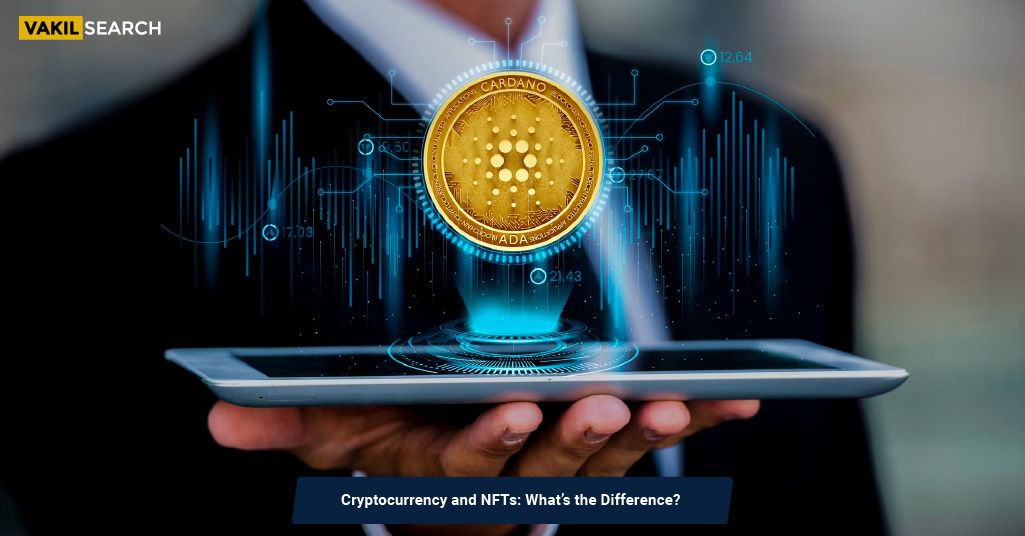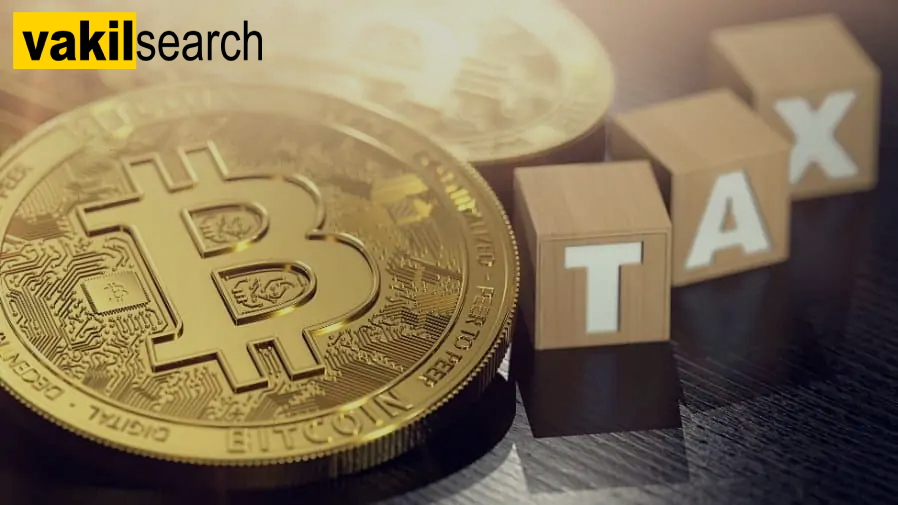In the ever-evolving landscape of digital finance and blockchain technology, two terms have consistently been in the limelight: NFTs (Non-Fungible Tokens) and cryptocurrency. While both are components of the same technological revolution, they serve distinct purposes and have unique characteristics. This comprehensive blog aims to unravel the intricate web of NFTs and cryptocurrencies, answering burning questions such as their relationship, conversion possibilities, motivations behind investment, and the fundamental process of creating NFTs.
Introduction
In the ever-evolving realm of digital assets and blockchain technology, Non-Fungible Tokens (NFTs) have become the talk of the town. NFTs are transforming the way we perceive ownership, art, and collectibles in the digital age. To navigate this exciting landscape, it’s crucial to stay updated with the latest trends. In this blog, we’ll take you on a journey through what’s currently trending in the world of NFTs.
What’s Trending in NFT?
Digital Art Boom:
One of the most prominent trends in the NFT space is the meteoric rise of digital art. Artists, both renowned and emerging, are creating and selling digital artworks as NFTs. These digital masterpieces are fetching jaw-dropping prices at auctions and marketplaces. From pixel art to 3D sculptures, the possibilities are endless. The NFT art movement has ushered in a new era for artists to monetize their work directly, without intermediaries.
Celebrity NFTs:
Celebrities and public figures have jumped onto the NFT bandwagon, leveraging their star power to create NFT collections. Musicians release exclusive tracks, actors auction off memorabilia, and athletes tokenize moments from their careers as NFTs. This trend not only boosts the mainstream appeal of NFTs but also opens up unique opportunities for fans to own a piece of their favorite celebrities’ digital legacies.
Virtual Real Estate:
Virtual real estate is another red-hot trend in the NFT space. Metaverse platforms like Decentraland, CryptoVoxels, and The Sandbox allow users to buy, sell, and develop virtual properties as NFTs. These virtual lands are not just for gaming; they serve as digital canvases for creativity and commerce. Investors are eyeing virtual real estate as an intriguing long-term prospect, akin to buying physical property in a virtual world.
NFT Music and Collectibles:
Musicians and bands are exploring NFTs as a novel way to engage with fans. They release limited-edition music NFTs, offering exclusive perks like concert tickets, merchandise, and even royalties. Collectibles, such as trading cards and virtual toys, are also gaining traction. These NFTs often come with utility within virtual worlds or games, making them desirable for collectors and gamers alike.
Gaming NFTs:
The gaming industry is undergoing a significant transformation with the integration of NFTs. In-game assets, characters, and skins are being tokenized as NFTs, allowing players to truly own and trade their virtual possessions. This trend has the potential to disrupt the traditional gaming economy, offering players true ownership of their gaming experiences.
NFT Marketplaces and Ecosystems:
NFT marketplaces, like OpenSea and Rarible, are expanding rapidly, offering a wide array of NFTs for sale or auction. These platforms continually innovate by introducing features like fractional ownership, governance tokens, and social integrations. The NFT ecosystem is also witnessing the growth of NFT wallets, NFT-based lending, and insurance services.
FAQs
How are NFTs related to crypto?
NFTs, or Non-Fungible Tokens, are related to cryptocurrency through the underlying technology they share: blockchain. Both NFTs and cryptocurrencies like Bitcoin and Ethereum operate on blockchain networks. While cryptocurrencies are fungible and interchangeable (1 BTC is always equal to 1 BTC), NFTs are unique and non-interchangeable. NFTs use smart contracts on blockchain platforms to verify ownership and provenance of unique digital or physical items, whereas cryptocurrencies primarily serve as digital currencies for transactions.
Can NFTs be converted to crypto?
Yes, NFTs can be converted to cryptocurrency, but it's not a one-to-one conversion. NFTs are unique and indivisible, while cryptocurrencies are fungible and divisible. To convert an NFT to cryptocurrency, you typically need to sell it on an NFT marketplace, where buyers pay in cryptocurrency (like Ethereum). The amount you receive will depend on the market demand for your NFT. After the sale, you can withdraw the cryptocurrency to your wallet.
Why do people buy NFTs and crypto?
People buy NFTs and cryptocurrencies for various reasons: Investment: Some see them as investment opportunities, hoping their value will increase over time. Diversification: Cryptocurrencies provide diversification from traditional assets like stocks and bonds. Store of Value: Cryptocurrencies can act as a store of value, especially in regions with unstable currencies. Utility: NFTs often grant access to exclusive content, experiences, or communities. Supporting Creators: Buying NFTs directly supports artists, musicians, and content creators. Speculation: Speculators aim to profit from short-term price fluctuations.
Why is an NFT worth money?
NFTs derive their value from several factors: Scarcity: NFTs are often limited in quantity, increasing their perceived value. Authenticity: They provide proof of ownership and authenticity through blockchain verification. Demand: Popular NFTs, driven by cultural trends or celebrity endorsements, can command high prices. Ownership Rights: NFTs can grant exclusive rights, like royalties, to the owner. Cultural Significance: Some NFTs hold cultural or historical significance, increasing their worth.
How do you create an NFT?
Creating an NFT involves these steps: Get a Wallet: Acquire a digital wallet that supports the blockchain on which you want to create the NFT, like Ethereum. Fund Your Wallet: Add cryptocurrency to your wallet to cover transaction fees. Choose a Marketplace: Select an NFT marketplace like OpenSea, Rarible, or Mintable. Mint Your NFT: On the chosen platform, follow the minting process, which typically involves uploading your digital content, setting parameters (like royalties for resale), and paying a minting fee. List for Sale: Once minted, you can list your NFT for sale or auction on the marketplace. Buyers can purchase it using cryptocurrency. Creating NFTs offers artists, creators, and collectors a unique way to tokenize and trade digital or physical assets in the digital age.
Also, Read:










